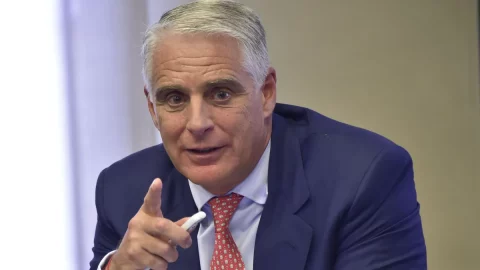No tapering in sight for the Eurozone. The Governing Council of the ECB “continues to expect that key interest rates remain at or below their current level for an extended period of time and well beyond the horizon of the net asset purchases”. This was reiterated by the number one of the Eurotower, Mario Draghi, at the end of the board meeting which today left interest rates on the euro at an all-time low.
However, it is less clear what the future of quantitative easing will be. To date, “the horizon for net asset purchases” is set for March 2017, but Draghi has once again clarified that, “if necessary”, the deadline could be moved forward. In any case, the President of the ECB remarked that today in the Council "there was no talk of tapering", nor of the possibility of extending Qe.
"We are waiting December – continued Draghi – to obtain useful inputs to help us understand how to direct our discussion ”. The number one of the Eurotower then defined “unlikely” the hypothesis that a sudden monetary tightening could occur in the future – so not with gradual tapering – and vindicated once again the fact that “the low rate policy is working”, as well as “the corporate bond programme, which is going way beyond our expectations”.
The Governing Council of the ECB therefore reaffirms its commitment to maintaining a ultra-expansive policy until inflation has returned to a path compatible with the medium-term target (2% ).
as to recovery in the euro area, Draghi said that “it is continuing at a moderate and stable pace”, as also confirmed by “third quarter data”, which recorded an “unchanged pace”. L'inflationon the other hand, it should "rise again in the coming months thanks to statistical effects", continued the central banker, explaining that "the growth of corporate profits promotes the recovery of investments", while "the moderate oil prices and the improvement of the labor markets should have a positive impact on private consumption and household income”.
On the other hand, Draghi warned that “the recovery could still be weakened by weakness in foreign demand and from poor implementation of structural reforms in various countries. The risk for growth in the euro area remains on the downside”.




